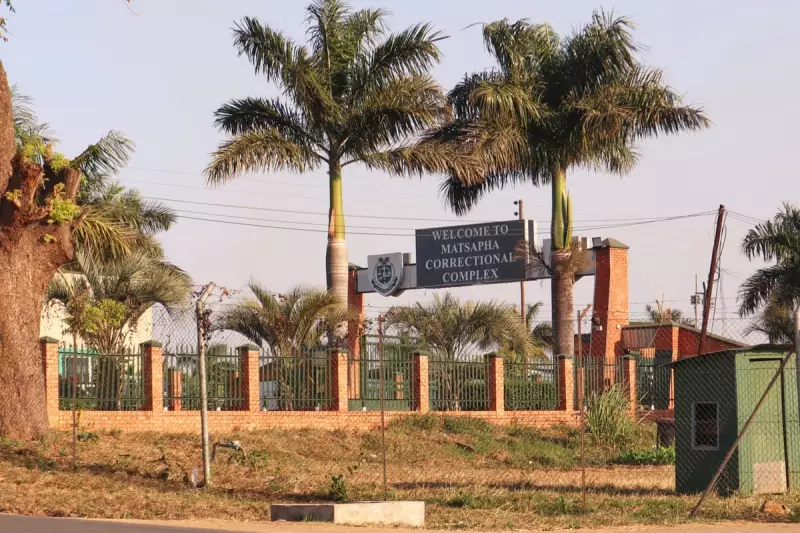
The absolute monarchy of Eswatini has publicly acknowledged receiving a multi-million dollar payment from the United States to accept dozens of individuals deported under a controversial third-country programme established by the Trump administration.
Secretive Deal Unveiled in Parliament
Finance Minister Neal Rijkenberg confirmed to the Eswatini parliament that the government had received $5.1 million from the US. The payment was made in exchange for the small southern African nation agreeing to accept up to 160 deportees to bolster its border and migration management capacity.
Minister Rijkenberg revealed that his ministry had been largely excluded from the process, stating, "We were told it was for the US deportees after we enquired." The funds were reportedly channelled through the National Disaster Management Agency (NDMA), a move the minister vowed to regularise as the agency is not permitted to use money it has not been formally appropriated.
Detentions and Legal Challenges
So far, 15 men have been transferred to Eswatini under this arrangement. The first group of five arrived in July 2025 aboard a chartered US military aircraft, with a second batch following in early October.
Washington has described some of the deportees as "depraved monsters" convicted of serious crimes, including child rape and murder. They are currently being held without charge in the maximum-security Matsapha correctional complex, a facility notorious for detaining political prisoners, according to their legal representatives.
One deportee, a 62-year-old Jamaican man who had reportedly completed a murder sentence in the US, was returned to Jamaica in September.
In response, lawyers and civil society groups in Eswatini have mounted a legal challenge, questioning the legality of the ongoing detentions.
Broader Implications and Scrutiny
The deal with Eswatini is part of a wider, largely secretive US initiative that involves at least five African nations. A document uncovered by Human Rights Watch in September detailed the arrangement, which has been fiercely criticised by human rights organisations.
Eswatini, formerly known as Swaziland, is Africa's last absolute monarchy and has been ruled by King Mswati III since 1986. His government has faced repeated accusations of human rights violations, adding a further layer of complexity to the deportation agreement.
It remains unclear which Eswatini officials originally authorised the deal with the United States.





